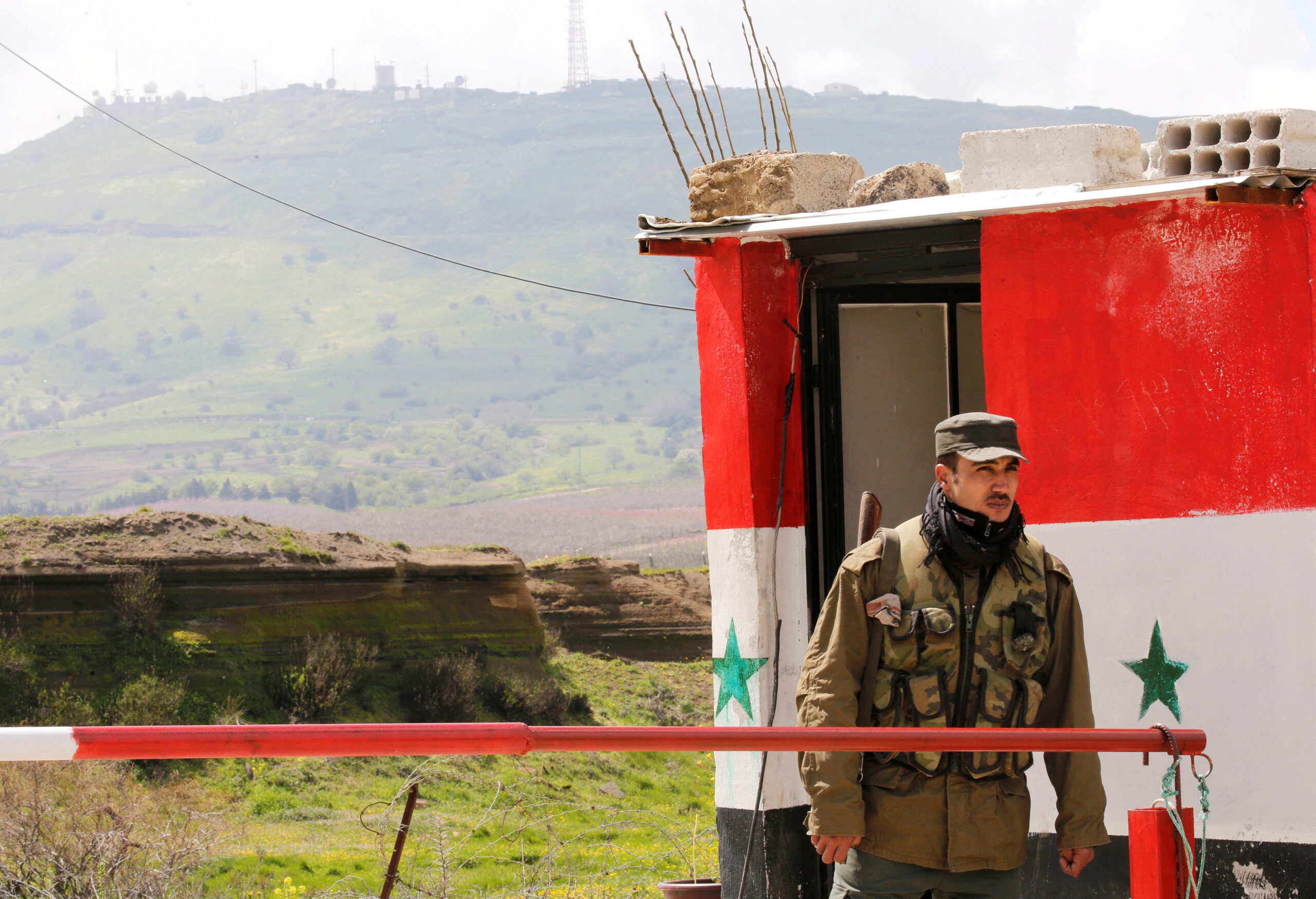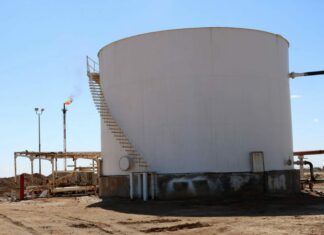
International judicial bodies, human rights organizations, and the United Nations have consistently warned that Syria, particularly regions under the control of Bashar al-Assad’s regime, remains unsafe for refugees to return. Despite political pushes in some European nations for repatriation, experts and activists unanimously stress that the ongoing conflict and human rights violations make any such efforts perilous.
Hadi al-Bahra, head of the Syrian National Coalition (SNC), affirmed that Syria will not be secure for the voluntary return of refugees until robust accountability mechanisms are in place. He cited continuous war crimes by the regime as a primary driver behind the displacement of over half the Syrian population. “The Assad regime and its supporters’ targeting of civilians’ homes, farms, and facilities with intensive shelling shows their insistence on escalation, endangering hundreds of thousands of lives and fueling new waves of displacement,” al-Bahra stated.
The Syrian Civil Defense, also known as the White Helmets, recently warned of a potential humanitarian catastrophe in northwestern Syria amid continued military operations by Assad’s forces. “The continued escalation proves that the Assad regime, Russia, and their allies are waging war on Syrians without regard for international and humanitarian laws,” they said in a report, calling for urgent international intervention to prevent further civilian casualties and hold perpetrators accountable.
Human rights watchdogs echo these concerns, highlighting arrests, forced disappearances, and torture that await returnees. The Syrian Network for Human Rights (SNHR) reported at least 26 arrests of Syrians returning from Lebanon between September and late October, with one detainee confirmed to have died under torture. Human Rights Watch documented similar cases, underscoring that violations are endemic even for those attempting to reintegrate into regime-controlled areas.
The push for repatriation has gained traction in Europe, particularly with right-leaning governments citing the need for security and reduced migration. Austria, Italy, and other nations are exploring ways to declare parts of Syria “safe” for return, despite the European Court of Justice’s ruling that prevents such declarations without comprehensive evidence of safety across the entire country.
Activists like Laila, a human rights advocate documenting violations, point out the risks young men face, including arbitrary arrest and conscription, which make return dangerous. “Life is non-existent in many areas,” she said, emphasizing that basic services and job opportunities are scarce.
In this context, human rights experts like Hiba Zayadin of Human Rights Watch (HRW) argue that forced repatriation violates international standards. “Syria is still not safe for the return of refugees,” she stated, calling for European countries to adhere to international laws that prohibit sending refugees back to places where they could face persecution or torture.
The UN, supported by organizations like Human Rights Watch, continues to urge host countries to protect Syrian refugees and refrain from any actions that would force them back into dangerous conditions. Reports from the UN High Commissioner for Refugees stress that returning Syrians face potential detention, harassment, and a lack of essential services, contributing to a dire and unstable environment.
International consensus underscores the need for sustained support for refugees and pressure on the Assad regime to cease human rights abuses. Until these conditions are met, experts agree that Syria remains far from safe for any form of large-scale repatriation.








